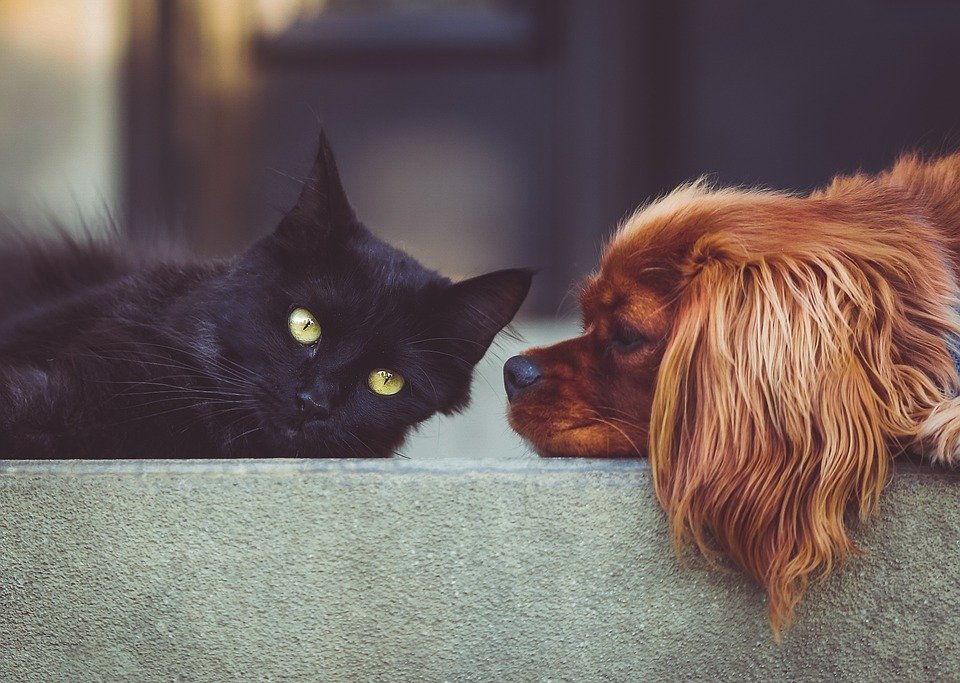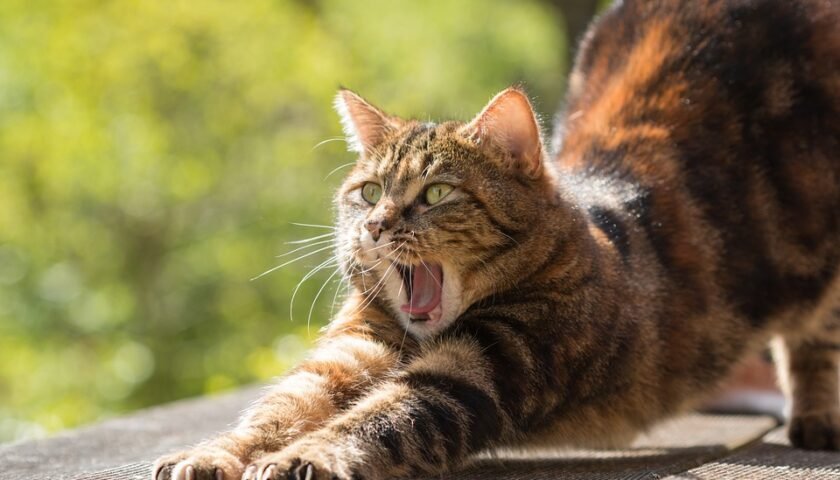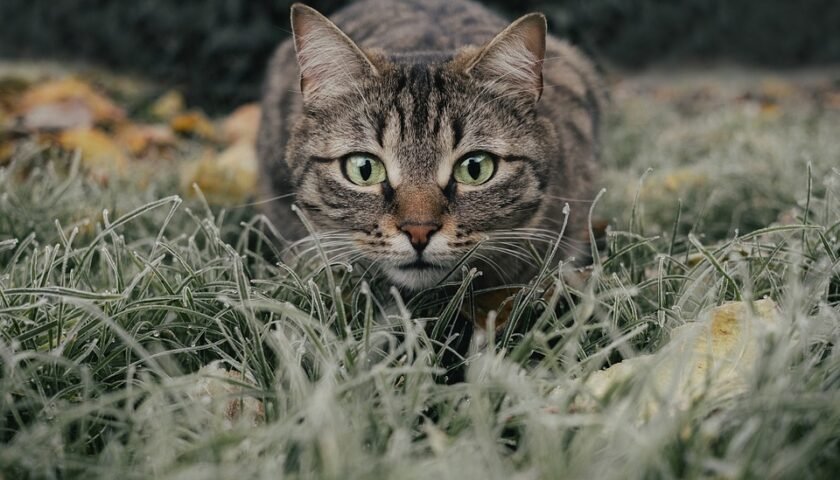[ad_1]
Unconventional Companions: How to Provide Optimal Care for Exotic Pets
Exotic pets have been gaining popularity in recent years, with individuals opting for unique and unconventional companions rather than traditional cats or dogs. From reptiles to birds and even arachnids, these pets require specialized care to ensure their well-being and happiness. If you’re considering bringing an exotic pet into your home, here are some important guidelines to provide them with optimal care.
Research, Research, Research
The first step to ensure a happy life for your exotic pet is extensive research. Each species has its own unique requirements, and understanding their needs is crucial to providing them with optimal care. Start by reading books, articles, and online forums dedicated to the specific species you’re interested in. Consult with experts and experienced owners, join online communities, and attend workshops or seminars to gain knowledge and insights into their behavior, diet, habitat, and medical requirements.
Create the Ideal Habitat
Exotic pets often require specific habitats to thrive. Whether it’s an enclosure for a reptile, a cage for a bird, or a tank for an arachnid, it’s important to recreate their natural environment as closely as possible. Consider factors such as temperature, humidity, lighting, and substrate. Research the optimal habitat conditions for your pet and provide the necessary tools and equipment to maintain a suitable environment. Ensure that their living area is escape-proof and safe, with no potential hazards such as toxic plants or small openings that they could get stuck in.
Nutrition and Diet
Just like any other pet, proper nutrition is vital for exotic animals. Different species have different dietary needs, so it’s important to understand what your pet requires. Some pets might be herbivores, while others are carnivores or even insectivores. Commercially available diets might not always be appropriate, so research their specific dietary needs and consider offering a diverse range of foods that satisfy their nutritional requirements. Fresh water should always be available, and some species might require supplementation to ensure they receive proper vitamins and minerals.
Enrichment and Stimulation
Exotic pets, like all animals, need mental and physical stimulation. Enriching their environment with toys, perches, climbing structures, or hiding spots is essential for their overall well-being. Research their natural behaviors and provide opportunities for them to exhibit those behaviors in captivity. Environmental enrichment can prevent boredom and reduce stress-related behaviors such as aggression, self-mutilation, or depression. Regular interaction and playtime with your pet also help in developing trust and bonding.
Find a Reptile, Bird, or Exotic Veterinarian
Not all veterinarians have expertise in exotic pets, so it’s important to find a veterinarian specializing in reptiles, birds, or other exotic pets. Regular veterinary check-ups are essential to detect any health issues early on. Exotic animals often hide symptoms of illness, so a veterinarian experienced in their care is crucial for proper diagnosis and treatment. Establish a relationship with a reptile or exotic veterinarian who can provide routine care, vaccinations, and advice specific to your pet.
When considering an exotic pet, remember that they require a higher level of commitment, care, and understanding compared to cats and dogs. Providing optimal care involves research, creating the ideal habitat, meeting their dietary needs, enriching their environment, and regular veterinary care. With the right knowledge and commitment, these unconventional companions can bring joy and fulfillment to your life.
[ad_2]




